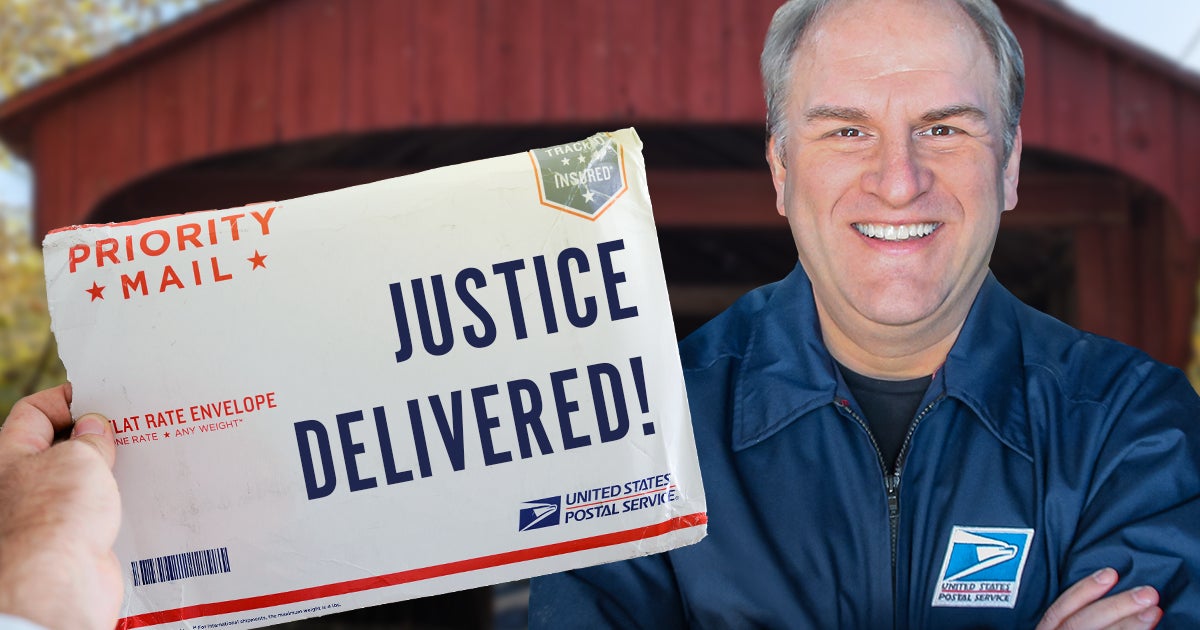
by Jorge Gomez • 2 minutes
We have good news in our Faithful Carrier case involving Gerald Groff, who was forced to quit his job as a postal carrier after he was repeatedly denied a religious accommodation to honor the Lord’s Day.
First Liberty recently reached a settlement with the U.S. Postal Service. We represent Gerald alongside volunteer attorneys at the law firms Baker Botts, the Church State Council, Cornerstone Law, and the Independence Law Center.
In 2023, the U.S. Supreme Court issued a landmark ruling in Gerald’s favor. In Groff v. DeJoy, the Supreme Court unanimously strengthened employee’s rights to receive a religious accommodation.
Following that victory, Gerald’s case was sent back down so the lower courts could apply the newly clarified legal standard for religious accommodation in the workplace. Under the new standard, the trial court reversed its prior decision and now allowed Gerald’s case to proceed to trial. With the trial date approaching, the parties negotiated a settlement to provide compensation for Gerald and resolve the case.
“We are thankful the Supreme Court ruled in our favor 9-0, overturning decades of bad law trampling religious liberty in the workplace,” said Kelly Shackelford, the President, CEO and Chief Legal Counsel of First Liberty. “We appreciate the Department of Justice’s efforts to bring this case to a final and fair resolution.”
“This was a win for all people who simply want to honor the Lord on the Sabbath as commanded in the Bible,” Gerald said. “I’m grateful for the legal team for their dedicated work and to the Supreme Court for upholding the law of the land as we have reached the final chapter in this important battle.”
Because of the Groff ruling, the bar is now much higher for employers to deny a religious accommodation. The Supreme Court held that federal law requires workplaces to accommodate their religious employees unless doing so would cause substantial increased costs on the business. Previously, employers could refuse to grant religious accommodations to employees if the impact was little more than trifling, minimal or “de minimis.” This is a massive shift in the law that favors religious working Americans.
Employees of faith commonly seek religious accommodations to honor their holy days, to take prayer breaks during the day, to dress according to their religious beliefs, or to otherwise not be forced to violate their religious beliefs on the job. The Groff decision means that more employers are legally required to respect their religious employees by granting them accommodations.
This is the start of a new chapter in life for Gerald, and you played a big part in making this settlement happen. Your ongoing prayers and financial support are the reason why our legal team can keep fighting and winning for everyday heroes like Gerald.
Thank you for standing strong with Gerald and First Liberty. You share a special part not only in this recent settlement, but also the precedent-setting Supreme Court decision that will impact religious freedom and millions of Americans for decades to come.